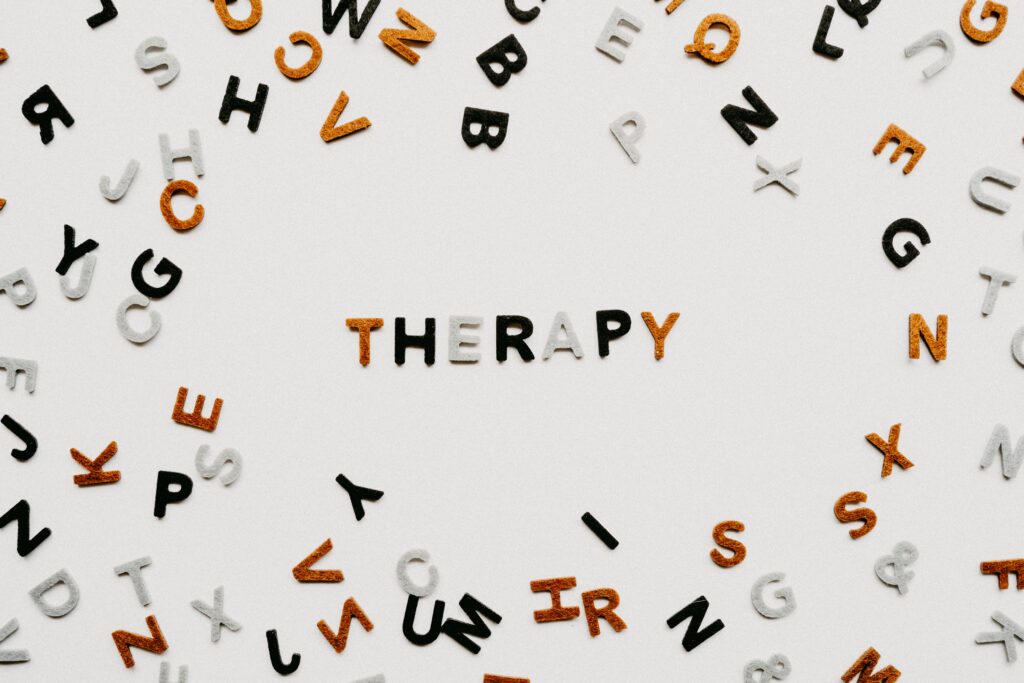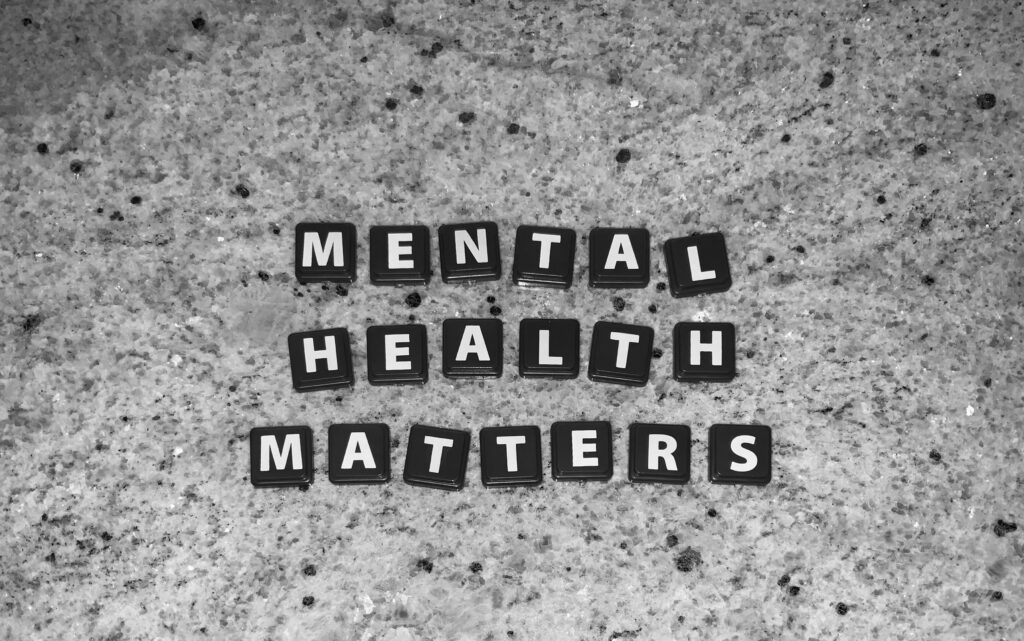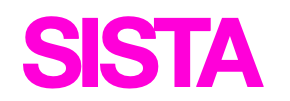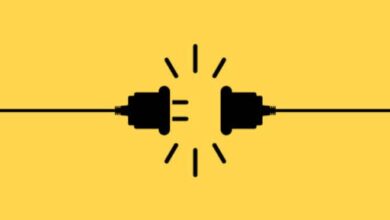7 Prompts to Enhance Your Mental Health
Unlocking the Power of Journaling: Simple Prompts to Boost Your Emotional Well-Being

In the hustle and bustle of modern life, mental health can often take a backseat to other priorities. Journaling is a simple yet powerful tool for mental well-being. Writing down thoughts, feelings, and experiences helps clear your mind, organize your emotions, and provide clarity on issues that might be clouding your perspective. This article explores seven journaling prompts designed to enhance your mental health, giving you a practical roadmap to better emotional and mental clarity.
1. “What Are Three Things I’m Grateful For Today?”
Gratitude journaling is a proven method to boost happiness and reduce stress. By focusing on the positive aspects of your life, you can shift your mindset from what’s lacking to what you have. Write down three specific things you’re grateful for each day. These could be as big as landing a new job or as small as enjoying a delicious cup of coffee.
- Why it works: Gratitude helps rewire the brain to notice the good, fostering a more optimistic outlook on life.
- Tips: Be specific. Instead of writing, “I’m grateful for my family,” write, “I’m grateful for the heartfelt conversation I had with my mom today.”

2. “What Are My Biggest Sources of Stress Right Now?”
This prompt encourages you to identify stressors and examine how they affect your mental health. By acknowledging your sources of stress, you can develop strategies to manage or eliminate them.
- Why it works: Naming your stressors helps take away their power. Once identified, they become manageable rather than overwhelming.
- Tips: After listing your stressors, write down one small step you can take to address each issue. For example, if financial worries are stressing you out, a small step could be creating a simple budget.
3. “What Do I Love About Myself?”
Self-love is a cornerstone of mental health. This prompt invites you to reflect on your positive qualities, talents, and achievements. It helps combat self-doubt and negative self-talk by focusing on the good within you.
- Why it works: Building self-esteem is crucial for resilience and emotional well-being. Celebrating your strengths reinforces a positive self-image.
- Tips: If you struggle with this prompt, start with small things like, “I love my ability to make people laugh” or “I’m proud of how I handled that tough meeting at work.”
4. “How Did I Feel Today, and Why?”
This daily reflection helps you become more attuned to your emotions. By identifying what triggered specific feelings, you can better understand your emotional patterns and responses.
- Why it works: Emotional awareness is a vital part of emotional intelligence. Recognizing and processing your feelings prevents them from building up and causing unnecessary stress.
- Tips: Don’t judge your feelings. Instead, observe them as they are. For example, “I felt frustrated when my plans fell through, but I managed to adapt.”

5. “What Is One Thing I Can Let Go Of?”
Letting go of what no longer serves you—whether it’s a toxic relationship, a limiting belief, or unrealistic expectations—can be liberating. Use this prompt to reflect on what you’re holding onto that’s weighing you down.
- Why it works: Letting go creates mental and emotional space for growth. It helps you release stressors that drain your energy unnecessarily.
- Tips: Be honest but gentle with yourself. Letting go is a process, and identifying what needs to be released is the first step.
6. “What’s One Thing I Did Well Today?”
Acknowledging your accomplishments, no matter how small, builds confidence and a sense of purpose. This prompt focuses on what went right, encouraging self-compassion and a positive mindset.
- Why it works: Celebrating your wins reinforces the idea that you’re capable and resilient, counteracting self-doubt and negativity.
- Tips: Write down even the simplest things, like “I made it through a challenging workday” or “I prepared a healthy meal for myself.”
7. “What Does My Ideal Day Look Like?”
Visualization is a powerful mental health tool. Use this prompt to imagine a perfect day—one where you feel balanced, joyful, and fulfilled. This exercise helps you identify what’s truly important and motivates you to work toward a life that aligns with your values.
- Why it works: Visualization helps clarify your goals and desires, providing direction and focus. It also promotes positive thinking and emotional balance.
- Tips: Be detailed. Write about how you’d spend your time, who you’d be with, and how you’d feel. For example, “I’d start my ideal day with yoga by the beach, followed by a breakfast with my best friend.”
How to Get Started with Journaling
If you’re new to journaling, the thought of writing can be intimidating. Here are a few tips to make it easier:
- Pick a Comfortable Medium: Whether it’s a fancy notebook, a basic diary, or a journaling app, choose what feels right for you.
- Set Aside Time: Dedicate at least 5-10 minutes daily or a few times a week to write.
- Stay Consistent: Make it a habit by writing at the same time each day, such as in the morning or before bed.
- Don’t Overthink It: There’s no right or wrong way to journal. Let your thoughts flow naturally.
The Benefits of Journaling for Mental Health
Scientific studies consistently highlight the benefits of journaling for mental health. Writing about your thoughts and feelings can:
- Reduce anxiety and stress.
- Enhance emotional intelligence.
- Boost memory and comprehension.
- Improve problem-solving skills.
- Strengthen your immune system by reducing mental strain.
Incorporating journaling into your routine doesn’t have to be complicated. With these seven prompts, you have a starting point to explore your inner world and enhance your mental health.

Final Thoughts
Journaling is more than just putting pen to paper; it’s a journey of self-discovery and healing. These seven prompts can act as a guide, helping you tap into your emotions, uncover hidden stressors, and celebrate the beauty of your life. Start small, stay consistent, and let your journaling practice transform your mental health one entry at a time.




